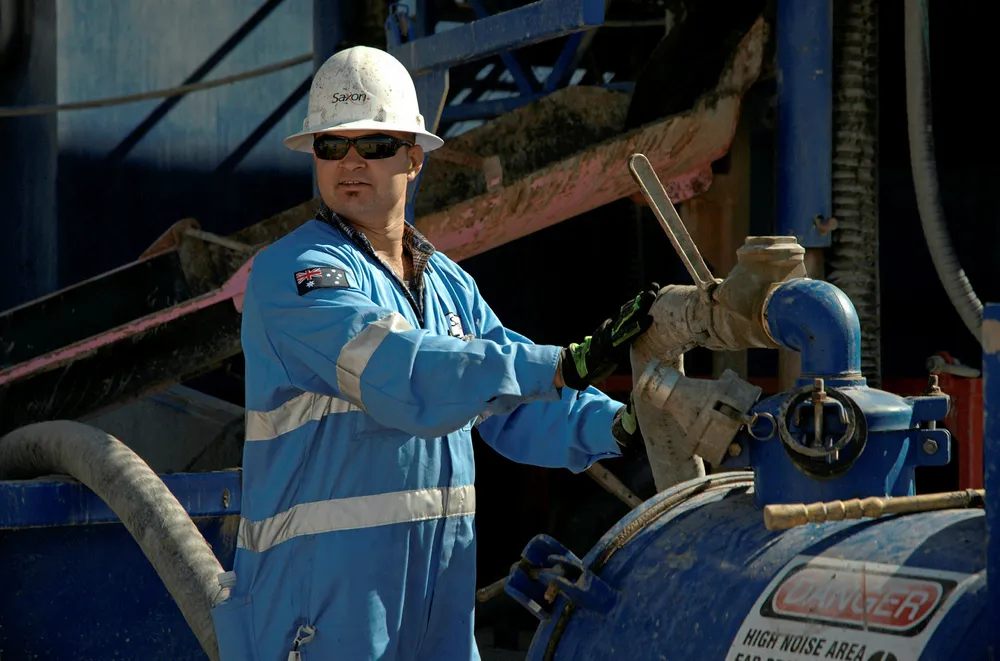Santos workers in isolation after showing Covid-19 symptoms
Australian company steps up measures to prevent spread of virus as workers present with flu-like symptoms

Australian company steps up measures to prevent spread of virus as workers present with flu-like symptoms
